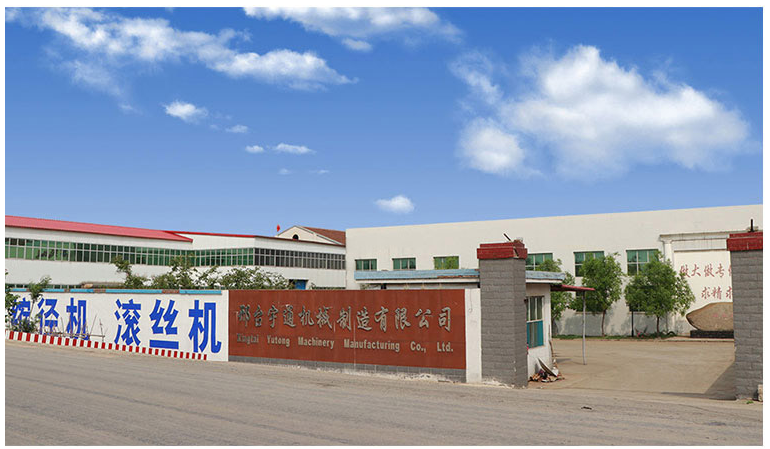
-
 Afrikaans
Afrikaans -
 Albanian
Albanian -
 Amharic
Amharic -
 Arabic
Arabic -
 Armenian
Armenian -
 Azerbaijani
Azerbaijani -
 Basque
Basque -
 Belarusian
Belarusian -
 Bengali
Bengali -
 Bosnian
Bosnian -
 Bulgarian
Bulgarian -
 Catalan
Catalan -
 Cebuano
Cebuano -
 Corsican
Corsican -
 Croatian
Croatian -
 Czech
Czech -
 Danish
Danish -
 Dutch
Dutch -
 English
English -
 Esperanto
Esperanto -
 Estonian
Estonian -
 Finnish
Finnish -
 French
French -
 Frisian
Frisian -
 Galician
Galician -
 Georgian
Georgian -
 German
German -
 Greek
Greek -
 Gujarati
Gujarati -
 Haitian Creole
Haitian Creole -
 hausa
hausa -
 hawaiian
hawaiian -
 Hebrew
Hebrew -
 Hindi
Hindi -
 Miao
Miao -
 Hungarian
Hungarian -
 Icelandic
Icelandic -
 igbo
igbo -
 Indonesian
Indonesian -
 irish
irish -
 Italian
Italian -
 Japanese
Japanese -
 Javanese
Javanese -
 Kannada
Kannada -
 kazakh
kazakh -
 Khmer
Khmer -
 Rwandese
Rwandese -
 Korean
Korean -
 Kurdish
Kurdish -
 Kyrgyz
Kyrgyz -
 Lao
Lao -
 Latin
Latin -
 Latvian
Latvian -
 Lithuanian
Lithuanian -
 Luxembourgish
Luxembourgish -
 Macedonian
Macedonian -
 Malgashi
Malgashi -
 Malay
Malay -
 Malayalam
Malayalam -
 Maltese
Maltese -
 Maori
Maori -
 Marathi
Marathi -
 Mongolian
Mongolian -
 Myanmar
Myanmar -
 Nepali
Nepali -
 Norwegian
Norwegian -
 Norwegian
Norwegian -
 Occitan
Occitan -
 Pashto
Pashto -
 Persian
Persian -
 Polish
Polish -
 Portuguese
Portuguese -
 Punjabi
Punjabi -
 Romanian
Romanian -
 Russian
Russian -
 Samoan
Samoan -
 Scottish Gaelic
Scottish Gaelic -
 Serbian
Serbian -
 Sesotho
Sesotho -
 Shona
Shona -
 Sindhi
Sindhi -
 Sinhala
Sinhala -
 Slovak
Slovak -
 Slovenian
Slovenian -
 Somali
Somali -
 Spanish
Spanish -
 Sundanese
Sundanese -
 Swahili
Swahili -
 Swedish
Swedish -
 Tagalog
Tagalog -
 Tajik
Tajik -
 Tamil
Tamil -
 Tatar
Tatar -
 Telugu
Telugu -
 Thai
Thai -
 Turkish
Turkish -
 Turkmen
Turkmen -
 Ukrainian
Ukrainian -
 Urdu
Urdu -
 Uighur
Uighur -
 Uzbek
Uzbek -
 Vietnamese
Vietnamese -
 Welsh
Welsh -
 Bantu
Bantu -
 Yiddish
Yiddish -
 Yoruba
Yoruba -
 Zulu
Zulu
Custom Thread Rolling Machine Operations and Efficiency in Manufacturing Processes
Understanding Custom Thread Rolling Machines Their Working Principle and Applications
Custom thread rolling machines are specialized equipment designed to create precise threads on a variety of materials. These machines are integral to numerous industries, including automotive, aerospace, and manufacturing, where the need for strong, high-quality threaded components is essential. This article delves into the working principle of thread rolling machines and their various applications.
Working Principle
The fundamental operation of a thread rolling machine involves the cold forming of threads through a method known as roll forming. Unlike cutting methods, where material is removed to create threads, thread rolling utilizes pressure to deform the workpiece material into the desired shape. This not only preserves the material's integrity but also enhances its strength due to work hardening.
The machine setup consists of three main components two rotating dies, which have the negative profile of the thread, and a feed mechanism to advance the workpiece. The workpiece, typically a cylindrical rod, is positioned between the two dies. As the dies rotate and apply pressure, the material flows into the grooves of the dies, forming threads. This process eliminates the need for lubricants in many cases, making it a cleaner and more environmentally friendly option compared to traditional cutting methods.
Custom thread rolling machines can be tailored to create various thread forms, including standard threads, custom profiles, and specialized designs. This adaptability makes them particularly valuable for manufacturers who require specific thread types for unique applications.
Key Advantages
custom thread rolling machine working

2. Enhanced Precision Custom thread rolling machines deliver high accuracy and uniformity in thread dimensions, which is critical for components that need to fit together tightly.
3. Cost-Effectiveness The efficiency of the manufacturing process reduces waste and lowers production costs, making thread rolling a more economical choice for high-volume production runs.
4. Flexibility These machines can quickly switch between different thread profiles and sizes, allowing manufacturers to respond agilely to changing market demands.
Applications
Thread rolling machines are extensively used across various industries. In the automotive sector, they produce bolts and fasteners that are used in assembling vehicles. In aerospace, thread rolling creates components that can withstand extreme conditions while maintaining structural integrity. Moreover, in the construction industry, these machines help create the necessary fittings and fixtures needed for building materials.
In addition to these traditional applications, custom thread rolling machines are increasingly being adopted in emerging fields such as renewable energy, where they make critical components for wind turbines and solar panels.
Conclusion
The custom thread rolling machine is an essential tool in modern manufacturing, known for its efficiency, strength, and versatility. As industries continue to evolve, the demand for precisely threaded components will only grow, solidifying the importance of thread rolling technology in producing high-quality, reliable products. Understanding the working principles and applications of these machines highlights their critical role in today’s engineering landscape.
